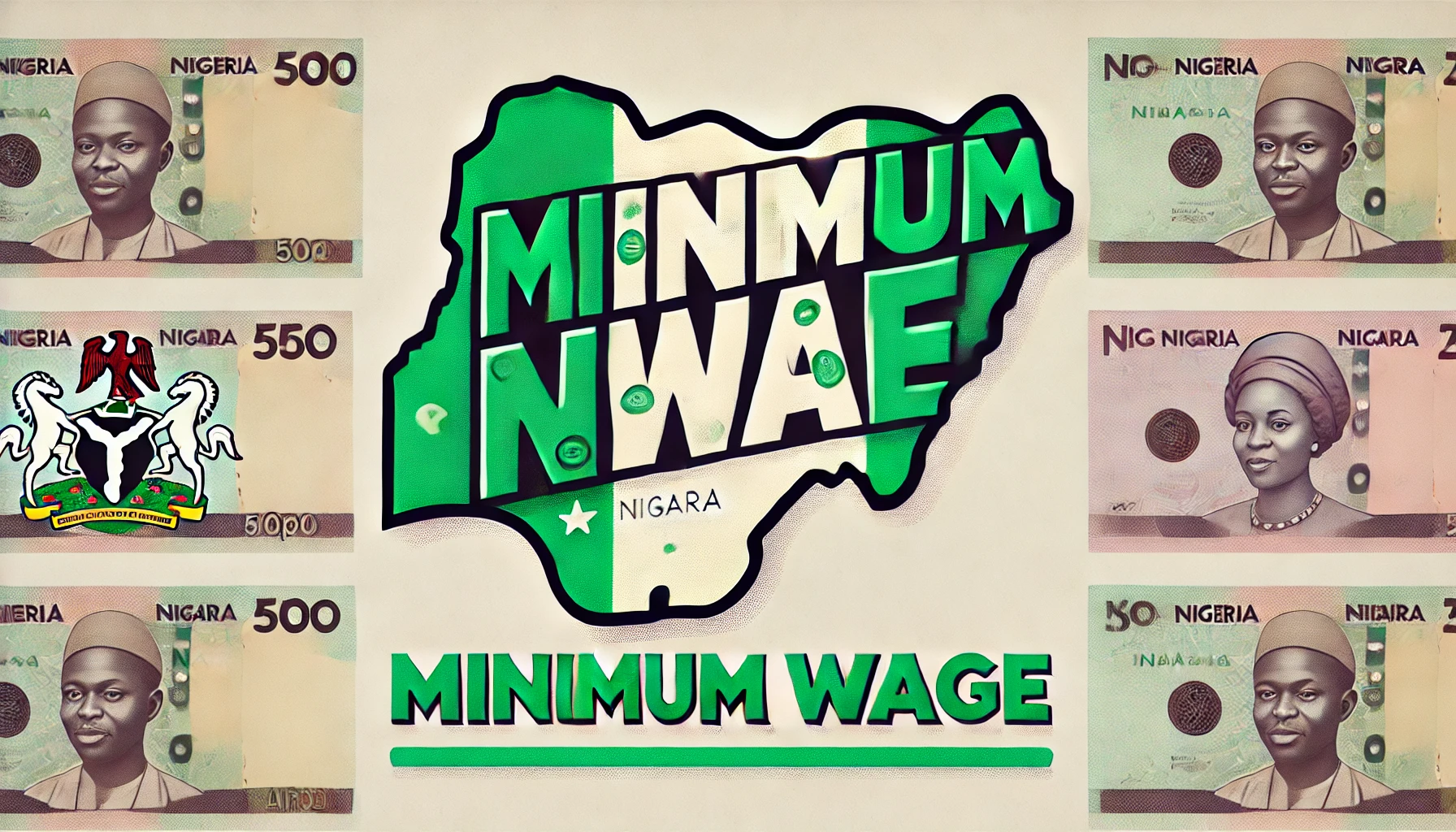Nigerian labor unions have set an October deadline for state governments to begin implementing the newly established ₦70,000 minimum wage. This information was disclosed by a high-ranking union official who requested anonymity in a conversation with our reporters.
The source revealed that the federal government has committed to engaging with state governors regarding the implementation of the revised minimum wage. In light of this, organized labor has decided to extend a grace period until the end of October before considering further actions.
The union representative emphasized that the new minimum wage legislation, which was passed by the National Assembly and ratified by President Bola Tinubu, officially took effect on April 18. Consequently, workers are entitled to retroactive pay adjustments from that date.
“We’re allowing time for the federal government to confer with state governors on this matter,” the official stated. “Should the situation remain unchanged by the end of October, we will be forced to explore alternative measures.”
The labor leader stressed the legal standing of the ₦70,000 minimum wage, warning that both public and private employers who fail to comply after the deadline will face consequences. “This is not merely a suggestion, but a law enacted through proper legislative channels. We have mechanisms within legal boundaries to address non-compliance,” the official asserted.
An additional point of negotiation with the federal government concerns the commencement date of the new wage. The union maintains that the amendment process did not alter the original act’s stipulation of an April 18 start date. “Once discussions conclude, we anticipate that arrears will be disbursed nationwide across all sectors,” the labor representative added.
This development underscores the ongoing dialogue between labor unions and government entities, highlighting the complexities involved in implementing wage policies across Nigeria’s diverse states and economic landscape.











